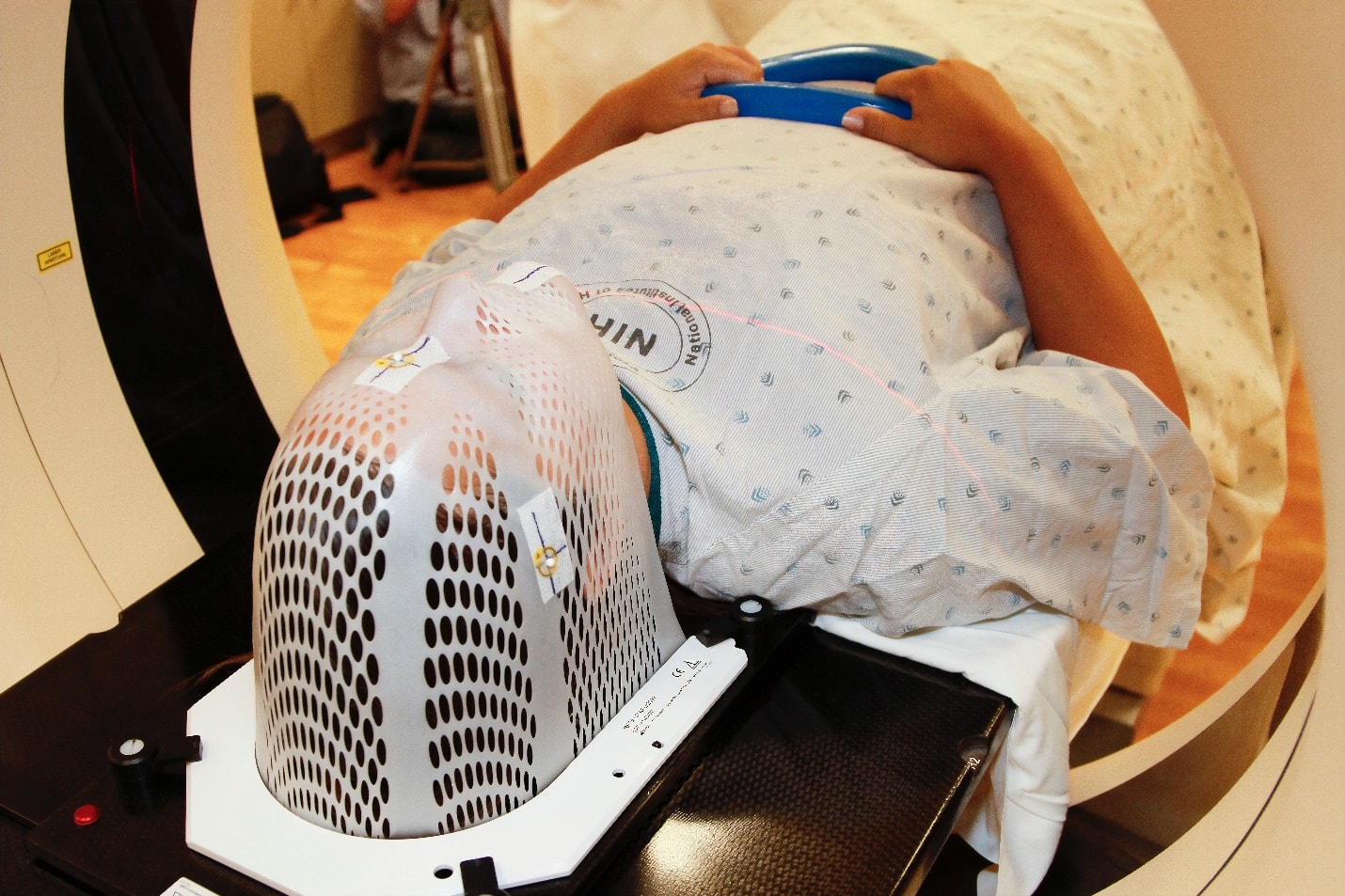A traumatic brain injury (TBI) is a high-pressure knock, bump, or jerk to the body or head or from an object piercing the skull and entering the brain. However, not all bumps and jerks can result in a traumatic brain injury.
A few are a form of closed head trauma, which is any injury you receive on the head that does not pierce through the skull. A traumatic brain injury and a closed head trauma differ can occur due to slip and fall accidents, car accidents, bicycle accidents, motorcycle accidents, etc.
Learn the key differences between closed-head trauma and traumatic brain injury.
What Is a Traumatic Brain Injury?
Traumatic Brain Injuries are usually the result of severe accidents. However, not all blows and jolts result in a traumatic brain injury. Some types of traumatic brain injury will cause immediate or momentary issues with an individual’s normal brain functioning. These can be how the individual acts, talks, understands, moves, think, etc.
However, suppose the traumatic brain injury is severe such as a sharp object piercing through the skull and into the brain. In that case, it can cause immediate death or permanent disability in the person. While some injuries show instant damage, some don’t, and you get to know with time. It can be some days, weeks, or months later.
There are two types of broad types of head injuries:
1. Penetrating Traumatic Brain Injury
It is when in an accident, a sharp object pierces through your skull, such as a knife, bullet, hammer, etc. When it enters the brain tissue, it damages a part of your brain.
2. Non-Penetrating Traumatic Brain Injury
It is known as a closed head injury or blunt TBI. It is a blow to the extent that it moves the brain inside the skull. It results from all accidents, such as during a sport or a slip and falls from a motor vehicle.
Symptoms
There are a few signs that indicate that you need to seek immediate help. These include:
- Blurred or double vision
- Nausea and vomiting
- Unequal eye pupil size or dilation
- Constant headaches
- Slurred speech
- Seizures
- Loss of balance
What Is a Closed-Headed Injury?
You get injuries on your head that don’t go through your skull, known as closed-headed injuries. These can result in temporary or permanent injuries. It can cause the bones to break near the brain and skull area. Damage to the brain can be severe bleeding, a concussion, or an intracranial hemorrhage.
Symptoms
The symptoms of a closed head injury vary from one person to another. These depend on the severity of the injury.
The common symptoms of this type of injury are:
- Vomiting
- Nausea
- Headaches
- Swelling
- Bleeding
- Bruising
- Clear fluid draining from the ears
- Dizziness
- Memory loss issues
- Feeling constant tiredness
- Changes in mood
- Slurring or having difficulty in speech
Closed Head Trauma vs. Traumatic Brain Injury: A Comparison
In a traumatic brain injury, the body experiences an intense strike, which causes long-term side effects inside the skull. It results in bruising or heavy brain bleeding. These can cause brain trauma, resulting in changes in the victim’s reasoning, vision, mobility, and concentration issues.
On the other hand, a closed head injury has a direct impact on the brain. It causes damage to the brain, such as torn blood vessels, skull inflammation, and bruised brain tissues. In most cases, the wounded must endure the life-long effects of an accident.
If you’ve recently been an accident victim, you must contact an experienced lawyer who can advise you on your next steps and get you the compensation you deserve.
The Bourassa Law Group is a committed group of personal injury lawyers in Nevada who are ready to fight for you as and when needed. Call us at 1-800-870-8910 for a free consultation today!





